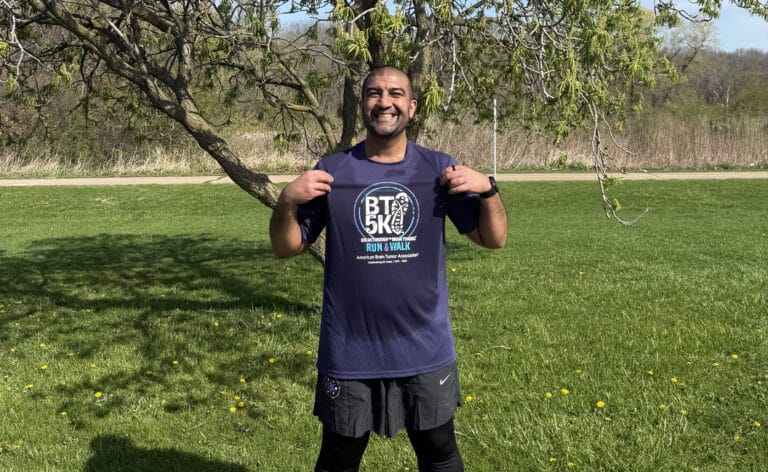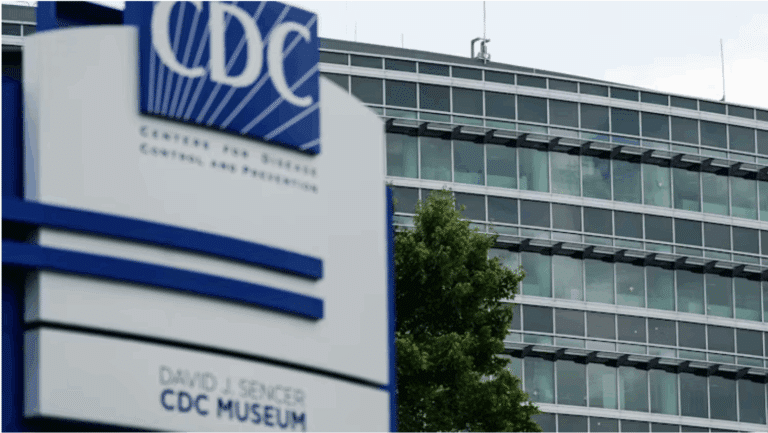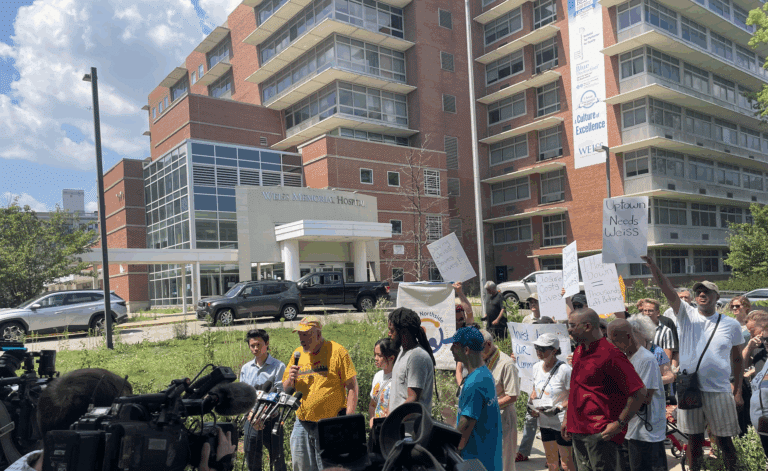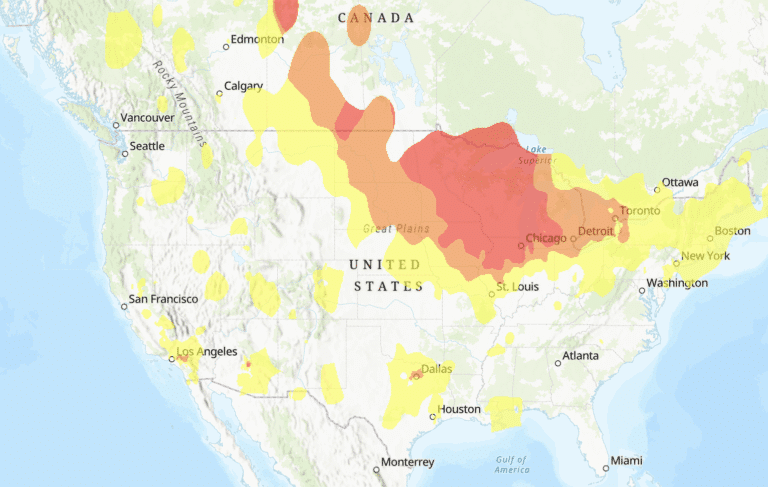Source: Cleveland Clinic
A head full of congestion, post-nasal drip and a dull sense of smell and taste — these symptoms are common enough to be confused with allergies and colds. But such symptoms also could mean you have sinusitis, says Michael S. Benninger, M.D., Chairman of the Cleveland Clinic Head and Neck Institute.
Dr. Benninger offers the following tips about diagnosis and dealing with this common condition:
1. Don’t jump to conclusions
Because the symptoms of sinusitis overlap with other conditions, seeing a doctor will help narrow down a diagnosis. “The only way to truly determine what’s causing the symptoms is for a doctor to actually look inside the nose,” Dr. Benninger says.
2. Watch your symptoms
Acute sinusitis (rhinosinusitis) is inflammation of the tissue lining your nose and sinuses. It’s often caused by a virus or bacterial infection. On top of the stuffy head, sneezing and runny nose mentioned above, you may also have pain in your face and teeth and discolored drainage. “The only way to truly determine what is causing the symptoms is for a doctor to actually look inside the nose,” Benninger notes.
3. Give it time, and treat as needed
Acute sinusitis typically goes away on its own in seven to 10 days. If it lasts longer, your doctor may prescribe antibiotics.
Chronic sinusitis is different. It lasts three months or longer, and treating it requires more time and patience. A combination of medications — including nasal steroid sprays, oral steroids, antibiotics and mucus-thinning drugs — may help ease symptoms.
4. Use over-the-counter drugs with caution
Decongestant sprays and drops may relieve your symptoms for a short time, but use them sparingly or avoid them altogether because of the danger of “rebound congestion,” says Benninger. That’s congestion that comes back after you stop taking them — leaving you with a new problem to treat.
5. Surgery is an option for severe cases
If the treatments above are not effective, or if nasal polyps develop and block sinus drainage, surgery may be necessary. The good news is that it’s usually an outpatient procedure. Surgery also may help hone a diagnosis in chronic cases.
6. You can take steps to prevent sinusitis
Wash your hands frequently to avoid the germs that lead to sinusitis. Eat well and exercise to boost your immune system. If you have allergies, treat them. You may also benefit from nasal irrigation (a Neti pot, for example), which rinses pollutants out of nasal tissue. These steps won’t “cure” sinusitis, but they can help you avoid it.
(WhatDoctorsKnow is a magazine devoted to up-to-the minute information on health issues from physicians, major hospitals and clinics, universities and health care agencies across the U.S. Online at www.whatdoctorsknow.com.)













